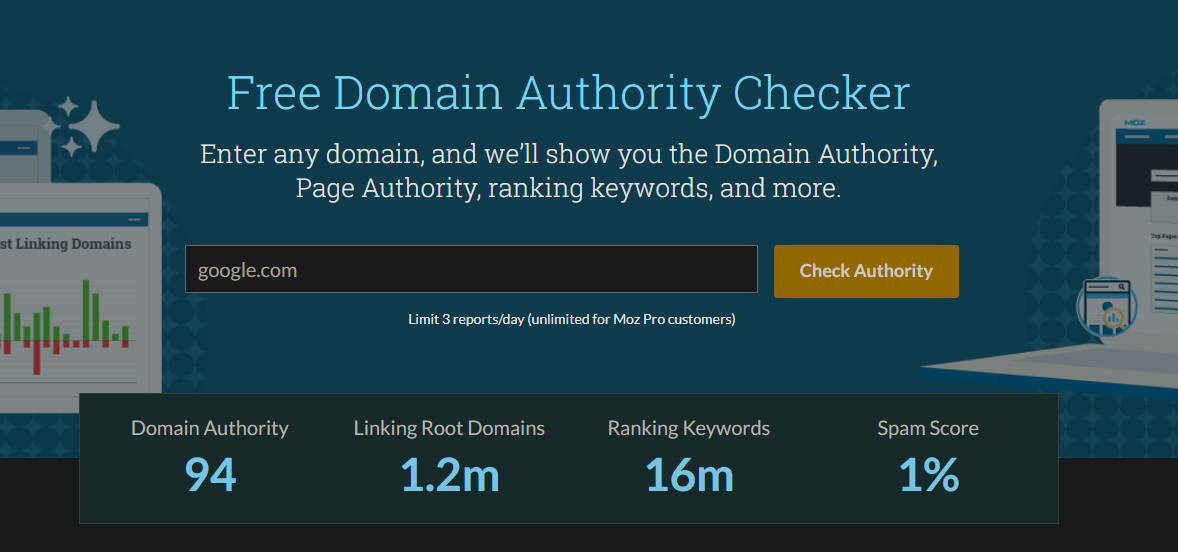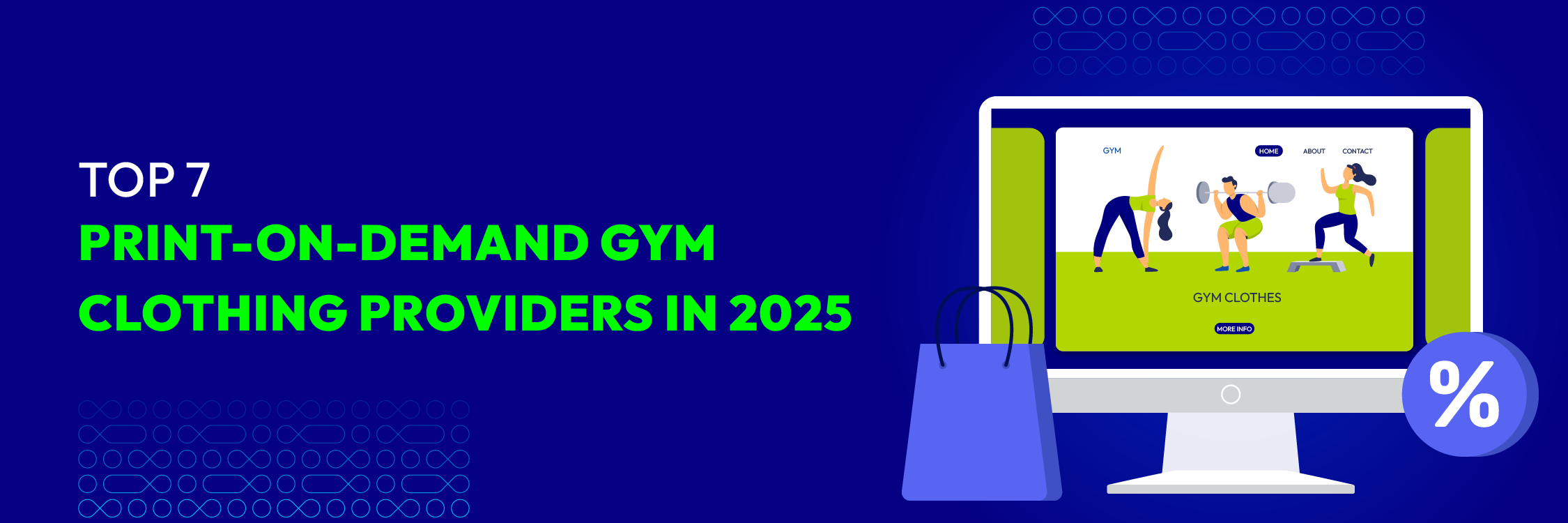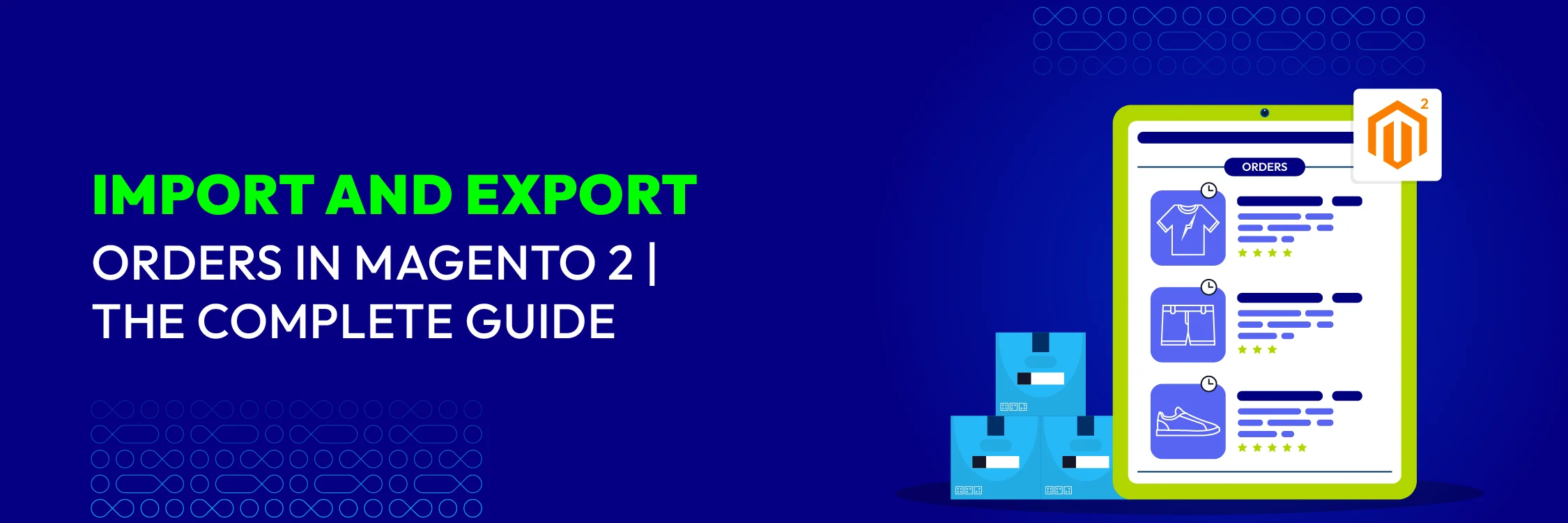What is Domain Authority and Strategies for boosting your Domain Authority
Summer Nguyen | 12-18-2024

If you hang around the SEO world long enough, you’ll find one term come up over and over again: Domain Authority. The higher your domain authority ranks, the more likely you are to earn a higher search engine ranking and better web traffic.
But what is domain authority? Is it important? And if yes, what can you do to improve your domain authority?
In this post, we’ll answer all of the above questions and guide you on how to boost your domain authority through proven and expert-backed techniques.
Ready? Let’s get started right now!
What is domain authority?
Domain authority - developed by the SEO software company Moz - is a search engine ranking score that measures a website’s likelihood to rank on search engine results pages (SERPs).

Domain authority score lies from 1 to 100. The higher your domain authority score is, the better your website ranks. Moz’s domain authority metric is widely considered to be one of the best third-party tools for evaluating domain strength. But keep in mind that domain authority is not a metric used by Google in determining search rankings, and it has no effect on the SERPs.
You can check your website’s domain authority using Free Domain Analysis Tool, Moz’s Link Explorer, the MozBar (Moz’s free SEO toolbar), or in the SERP Analysis section of Keyword Explorer. Domain Authority metrics are incorporated into multiple SEO and online marketing platforms across the web.
Read more:
Domain authority vs. Page authority
Domain authority determines the predictive ranking strength of your entire domains and subdomains.
Page authority measures the ranking strength of specific individual pages.
Though domain authority score provides a better understanding of how your site ranks overall, it doesn’t mean that page authority isn’t useful. As a matter of fact, your site’s page authority has a direct impact on your overall domain authority and search engine ranking.
How is domain authority calculated?
Domain authority, as mentioned earlier, is ranked on a scale of 1 to 100 (with 1 being the worst, 100 being the best) using an algorithm designed by Moz. So, how exactly does Moz calculate your domain authority score?
Domain authority is created by combining more than 40 different factors that are tracked and measured by Moz. The following metrics are some of the most important:
-
MozRank. This metric is used to score the strength of your website’s external links. It takes into consideration not only the number of external links but also the quality of those links. Quality tends to beat quantity, which means one excellent external link is much better than a couple of low-quality links. MozRank uses a scale of 0-10 (with 10 being the highest). And the average MoxRank rating for a website is 3.
-
MozTrust. This metric is used to determine the quality of your website’s external links. It will go into more depth by analyzing how closely your website is related to trusted websites. For instance, trusted websites include .gov or .edu sites. Even if one of those sites links to a site that then links to you, it is considered a sign of trust that helps increase your MozTrust rating.
-
Linking Root Domains. This metric is used to calculate the number of your website’s unique backlinks. For instance, if you obtain 2 external links from 2 different websites, you’ll have 2 root domains. However, if you have 2 links from one website, you have one root domain only. Hence, you will obtain a higher domain authority from earning links from different websites than earning a bunch from one website.
-
Quality Content. Content is undoubtedly one of the main factors on which a website’s search engine ranking is based, so the quality of content on your website is a factor in determining its domain authority.
-
Social Signals. Google regards social signals as one of the integral factors in identifying good quality content. For instance, it’s possible to assume that a piece of content that is shared, liked, commented, and highly engaged is of some quality. So, Moz uses the same social signals in determining domain authority.
-
Search Engine Friendliness. This metric refers to the structure and user-friendliness of your site. If you have a poor site structure, Google can find it difficult to crawl and index your site, eventually hurting your ranking scores.
What is a good domain authority score?
The biggest question surrounding domain authority score is, “What is a good domain authority?” Many website owners ask this question in the hope of knowing the ideal number for ranking better in Google search results.
So, what is a good domain authority score?
The truth is, there is no specific or ideal number to be considered “good.”
As stated above, Moz’s domain authority scale runs from 1 to 100. 1 is the worst score, while 100 is the best. Many businesses believe that they need a domain score of 100 because it is at the top of the scale.
But remember that, even the giant Amazon doesn’t have a perfect 100 score!

The reality is that there is no perfect number because according to Moz, domain authority is a comparative metric. A “good” domain authority depends on the domain authority of the sites you’re directly competing with on SERPs. With this in mind, you should not aim to have the highest authority score possible but to have a higher score than your competitors.
If you owned a clothing boutique, for example, you wouldn’t compare yourself to H&M, Zara, or Chanel. Instead, you want to look at other clothing boutiques or shops with the same size as yours. You will want to look at ones that rank for similar keywords as well. If you find the same ten websites trying to rank for your targeted keywords, you’ll focus on these businesses and their domain scores.
If your direct competitors have scores between 40 and 50, a good domain score for your business should fall between 55 and 60. It is enough to help you stay ahead of the curve and have a better chance of ranking higher in search results.
How to build Domain Authority
To enhance your Domain Authority, consider the following tips:
-
Focus on quality rather than quantity when acquiring backlinks. Prioritize relevant and significant links over a multitude of less impactful ones.
-
Regularly assess your backlink profile to ensure that important sites linking to you have do-follow links, and disavow any potentially harmful links.
- Make really good content that tells people stuff and keeps them interested. The idea is to get links from others without trying too hard.
-
Tailor your content to your core audience, making it appealing and potentially shareable to increase its reach.
-
Keep your content updated by revisiting older pages with low authority or unindexed content. Add new and relevant information to enhance user value.
-
Analyze your competitors to identify strategies that can help increase your website’s visibility. Understand what they do differently and learn from their successes and failures.
-
Study your competitors’ backlink sources and explore opportunities to secure similar high-quality backlinks for your site.
- Share your website stuff in different places like social media or newsletters, but do it in a special and unique way.
Remember that building Domain Authority is a long-term strategy, and although results may not be immediate, following these practices will contribute to increased visibility on search engine results pages and ultimately drive more traffic to your site.
How do you Check Domain Authority?
You can check a website’s Domain Authority using tools like Moz’s Link Explorer, the free MozBar, or the SERP Analysis in Keyword Explorer. Moz Pro campaigns and many other SEO platforms also include Domain Authority metrics. Check your Domain Authority for free:

7 tips to boost your domain authority
Now that you’ve known fundamental things about domain authority, it’s time to dig deep on how you can improve your current domain authority score.
Let’s have a look at 7 ways to increase your domain authority!
Pick a good domain name
A domain is considered the address of your website. Picking a good domain name for your website is vital because a perfect combination of simple spelling, SEO, and brand identity leads to a higher chance of being found in search engine results.
Hence, while choosing your domain name, remember to:
- Keep it short, simple, and memorable
- Try to have one keyword in a domain name to get found easily
- Avoid misspelled domain
- Avoid using numbers
Also, when comparing hosting packages, consider the nature of your business and website. It is also essential to make a note before choosing trustworthy web hosting:
- The price of web hosting
- Website requirements
- Disk space
- Control panel
- Customer support
Read more: How to Choose a Magento Hosting provider to Boost Your Sales?
Create compelling on-page content
Part of Google’s search algorithm ranks your content according to engagement metrics, such as total traffic, organic traffic, time on site, bounce rate, brand mentions of authoritative sites, and return visits.
To improve your website’s engagement, and in turn, your domain authority, there’s one way to do it - you must engage and attract a loyal audience by generating high-quality content. Compelling content will provide your visitors with a better experience, motivating them to share your content.

Besides, you will want to publish your content often. If you are consistently distributing high-quality content, you create more chances for authoritative sites to link to your pages. These links will eventually help improve your domain score.
Related topics:
- the Best Time to Start Content Optimization for Your E-commerce
- The Best User-Generated Content Strategy for E-commerce Business
Promote your content via social media channels
Because social signals are one of the significant ranking factors, you will need to promote your content on social media platforms to obtain those signals. Otherwise, your content is just sitting on your site all by itself.
So, post links to your content on different social media pages and encourage followers to like, comment, or share it. You should also add social share buttons directly on your webpages.
You can read our list of 10 Best Free Social Media Management Tools to take more control of content for your business.
Earn high-quality links
Earning high-quality links from websites and pages with high authority scores is crucial for boosting your domain authority. This not only improves your domain authority but your page authority as well.

There are tons of ways you can get authoritative backlinks to grow your link profile. For example, guest posting is a great way to do so. You are essentially exchanging a piece of content for a backlink. After all, the higher the domain authority of that website, the stronger the backlink is, and the more link “juice” is passed onto your own site.
Eliminate irrelevant and toxic links
It’s not just all about earning strong links. Not getting a ton of irrelevant and toxic websites to link to you is also important in keeping a high domain authority.
You should check your link profile thoroughly and investigate any backlinks that are spammy or toxic. This will enable you to avoid links from bad sources that could end up hurting your domain authority.
Some free SEO tools like Moz’s Link Explorer and SEMrush Backlink Checker can help you measure your link profile’s health. And Google’s Disavow Tool can help you strengthen your link profile by nixing any undesirable and poor links from your website.
Make sure your website is mobile-friendly
Considering that people spend 70% of their Internet time on mobile, it comes as no surprise that mobile-friendliness is critical to rank high in Google search results. With a responsive site, everyone can find, view, and share your content, which can improve your domain authority score.

You can build up a mobile-friendly site by:
- Using responsive design. Responsive design ensures your website adapts to whatever device a person uses. It presents multiple advantages for your site, including improved UX, flexibility, cost-effectiveness, SEO benefits, and ease of management.
- Adding mobile elements to your website. Adding different mobile elements, including call to action (CTA) buttons and hamburger menus within thumb reach, helps promote the mobile experience.
To check whether your site is mobile-friendly or not, you can visit this Mobile-Friendly Test page by Google Developers. This tool will analyze your webpage and let you know how mobile-friendly your site is.
Learn more: 25+ Best Magento 2 Responsive Themes in 2021
Boost the loading speed of your webpages
Think about your latest experience as an Internet user. Do you have enough patience to wait for a slow page to load? Or will you immediately switch to another web page to find what you want? And this is when loading time makes all the difference.
In reality, there are many things that webmasters and programmers can do to reduce your loading time and help your website run smoothly. But, if you are not an expert in this field, you can simply start by minimizing the size of your photos and reducing the number of plugins you use. You can find some other useful tips to boost your page-load time, help potential customers to interact with it, and increase your domain authority score at the same time.
The bottom line
There you have it! You now have a much better understanding of domain authority and its importance to your website’s ranking. Additionally, you’ve learned how to improve domain authority through 8 practical tips.
Now it’s your turn! Any thoughts on domain authority that you’d like to share? Let us know in the comment box below!






